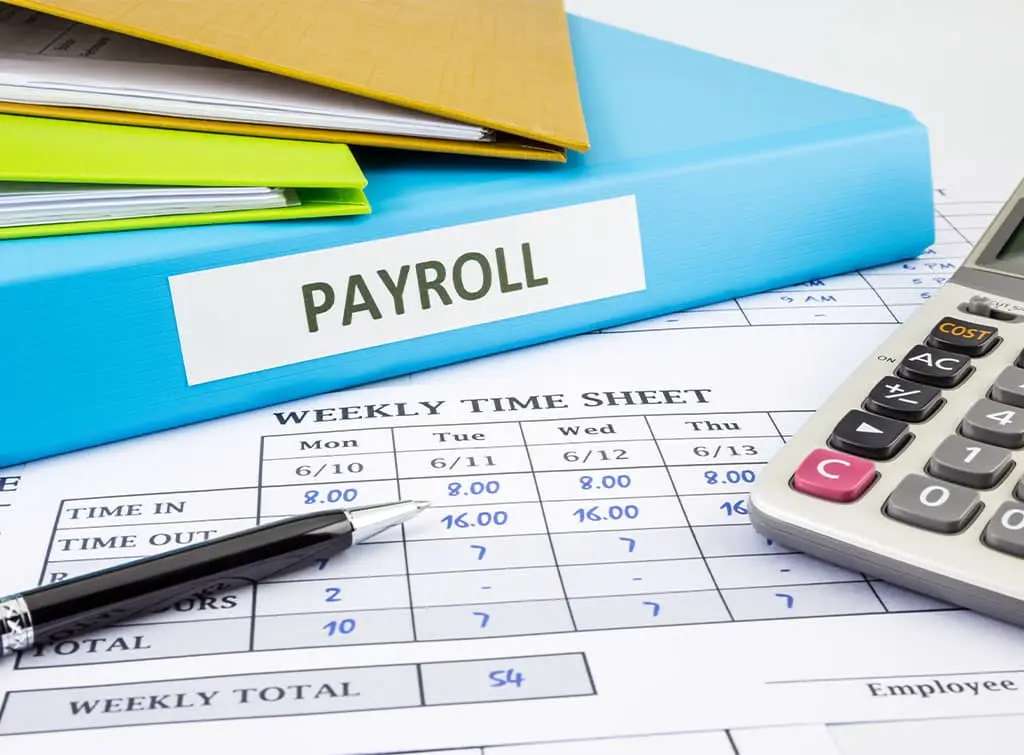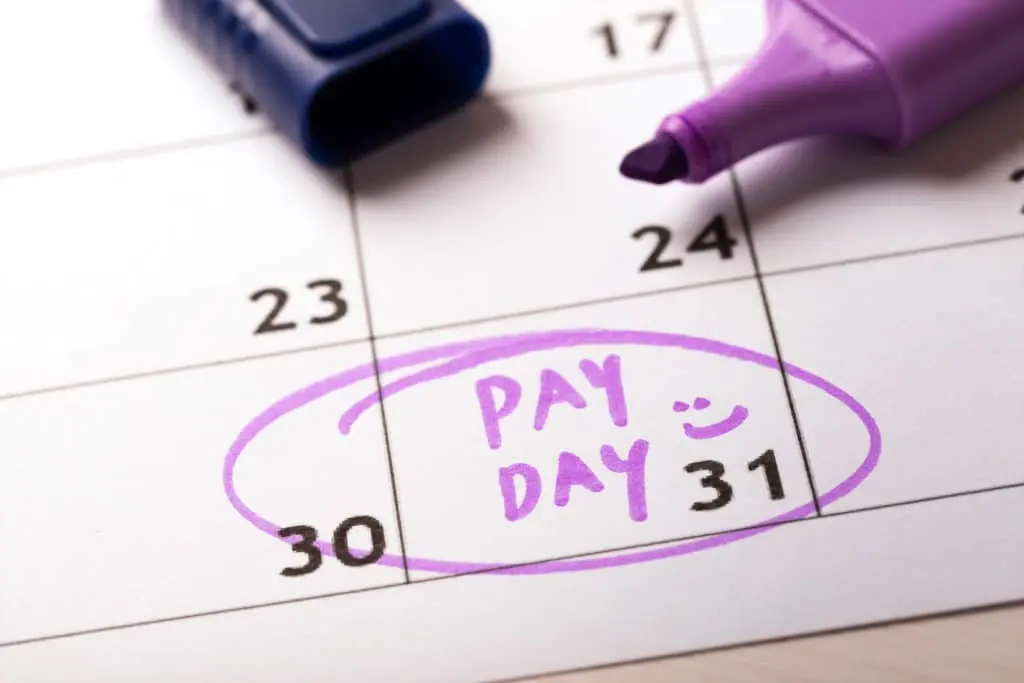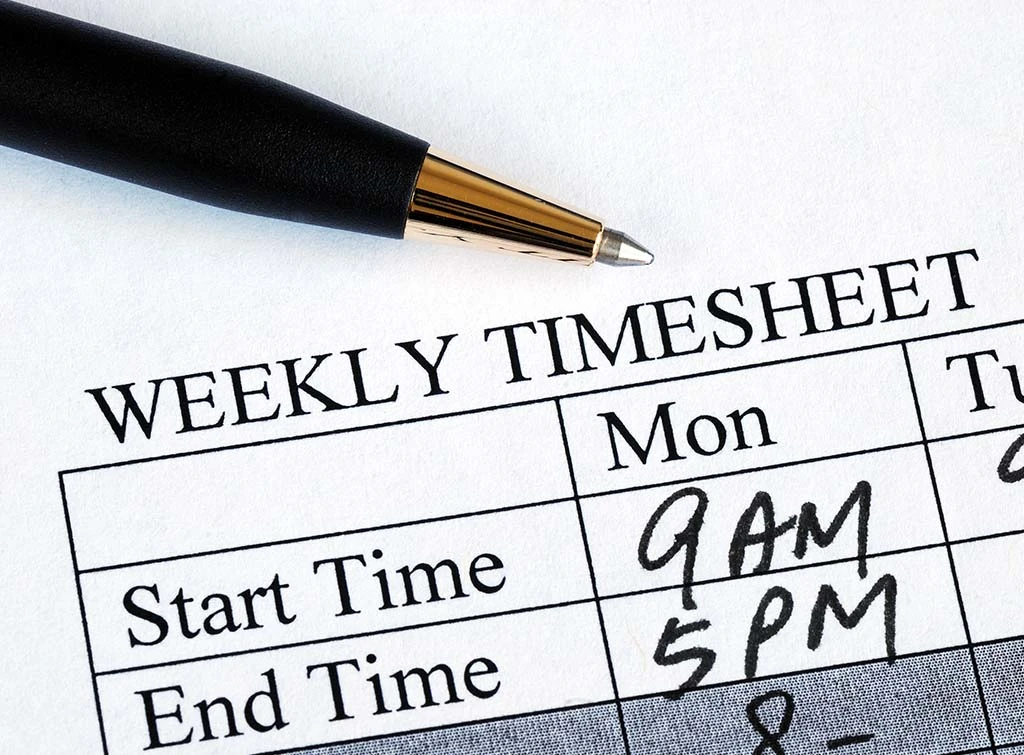Blog>Trade>Business Management>How to calculate holiday pay
Last updated: 22 March 2024
How to calculate holiday pay
Working out holiday pay can seem challenging. In this article, we answer some key questions about holiday pay entitlement.

Whether you're setting up a new business or you’re an employee, your statutory holiday pay entitlement rules are set by HMRC. This includes holiday pay for part-time employees.
What is holiday pay entitlement?
Almost all people classed as workers are entitled to 5.6 weeks of paid holiday every year, as stated by HMRC. A paid holiday is also called annual leave or a statutory leave entitlement.
To qualify, you have to be classified as a worker. This means you will have a contract to provide work. A work contract doesn't have to be in writing and can be unwritten.
Your worker's entitlement to paid annual leave starts on the first day of their employment and isn’t subject to a minimum period of employment.
If their employment ends through resignation or redundancy, they are entitled to be paid for any remaining leave they haven’t used yet.
How does holiday pay work?
The first thing you need to do is decide whether someone is legally entitled to paid holidays.
As tradespeople grow their business they might find it useful to hire new employees for different roles. You'll need to ensure holiday pay terms are agreed and understood by everyone. This will be done when you work out how to pay your employees.
You can choose to give more than the statutory amount if you’re feeling generous.
Remember, you aren't entitled to paid holidays if you run your own business. You can choose to take as much or as little holiday as you want.
Is holiday pay taxed?
Yes, holiday pay is taxed. This is still classed as your earnings and should be reported in your tax forms under ‘Pay amount for Income Tax purposes’.

How to calculate holiday pay
Holiday pay for a worker who works a five-day week must be at least 28 days paid annual leave per year. This equates to 5.6 weeks of paid holiday.
An employer can choose to offer more leave than the legal minimum of 28 days paid annual leave.
Some employers insist that all annual leave is taken in the year to which it relates. An alternative is to 'carry over' untaken leave to the next year. Details like this should be included in the work contract.
Calculating holiday pay for part-time and irregular hours
Part-time employees are entitled to a portion of 28 days paid annual leave. This will depend on how many days a week they work.
For example, someone who works a three-day week is entitled to three-fifths of 28 days paid holiday. This would be 16.8 days or 3 x 5.6 weeks.
Help drive the success of your business
Join the best trades on the UK's leading trade directory
Employees working irregular hours
For casual workers or those on irregular hours, a pro-rata method is used. This determines holiday entitlement and is used for calculating holiday pay. It is based on the hours worked in an average week.
Usually, this is based on hours worked during 52 weeks. You only use the weeks that someone worked so might have to count back more than 52 weeks. If someone has worked for less than a year, then you base the average on the number of weeks they’ve worked.
There's a handy government holiday entitlement calculator you can use to do this. It can be based on:
Days worked
Hours worked
Casual or irregular hours, including zero-hours contracts
Annualised hours
Compressed hours
Shifts

What to do with bank holidays and overtime?
Bank holidays or public holidays don't have to be given as paid leave. It's up to the employer if they choose to include bank holidays as part of a worker's annual leave entitlement.
Employees should check their work contracts carefully to see what holiday pay they are entitled to.
What is required in a small business employment contract?
As you grow your trade business, you'll probably want to take on more people. Whether full-time or part-time, it pays to put in writing the arrangements that you agree to. This important paperwork is a small business employment contract. Simple employment contracts don't need to be complicated. They
How to calculate holiday overtime pay
The holiday pay you receive while on annual leave should be the same as what you'd normally earn while at work. This includes any overtime, commission or bonuses.
An employer must include overtime, commission or bonuses for the first four weeks of holiday pay. The remaining annual leave entitlement will be paid at your basic rate.
To calculate holiday overtime pay, look at your average weekly pay over the past 52 weeks. This figure should include any overtime, commission or bonuses you received during that period. Divide this total figure by 52 to get your average weekly pay.
You can't take pay instead of a holiday
An employee can't take pay instead of their statutory leave entitlement. For example, if they haven't used all of their holiday entitlement.
The only time an employee can get paid instead of taking holidays is when the contract is terminated. This applies even if the employee is dismissed for gross misconduct.

If you're sick on annual leave
When you become unwell just before, or during, annual leave, you can take the time as sick leave instead.
If an employee is eligible for sick leave, an employer cannot force the employee to keep the time away from work as annual leave.
Help drive the success of your business
Join the best trades on the UK's leading trade directory
What is your holiday pay entitlement on leaving a job?
Holiday entitlement is spread evenly across the year. That means a worker on a five-day week is entitled to one-twelfth of their annual leave each month.
So, if you leave your job after three months you will have accrued three months' worth of holiday entitlement.
In this case, the employee will have built up one quarter (3/12) of their annual leave entitlement of 28 days. That's equivalent to seven days.
Taking a pre-booked holiday during a notice period
You might be able to take a pre-booked holiday during the notice period. Check your employment contract to be on the safe side.
Redundancy holiday pay
If you are made redundant you will be entitled to holiday pay up to the date you leave. The basis for calculating this is the same as if you left a job.
Can you earn holiday pay while on maternity leave?
Employees with a work contract build up holiday pay entitlement while on maternity, paternity or adoption leave.
Understanding maternity and paternity leave for tradespeople
What is statutory maternity leave? Statutory maternity leave allows eligible employees to take up to 52 weeks of maternity leave. The first 26 weeks are classed as ordinary maternity leave. The second 26 weeks are called additional maternity leave. Employees can start their maternity leave up to 11
Holiday pay FAQs
How do you calculate holiday pay?
A full-time employee who works five days a week receives 28 days (or 5.6 weeks per year) of statutory annual leave entitlement.
Holiday pay for part-time employees depends on how many days or hours they work during the week.
How do you calculate hourly holiday pay?
For workers on irregular hours, employers need to work out the average hours worked.
This is usually done for a 52-week period or however long the person has worked for them.
Is the amount of holiday pay the same as normal pay?
A worker should get the same pay on annual leave as they do while at work. The calculation includes overtime, commission and bonuses.
Can a paid holiday period be more than the statutory entitlement?
Yes. An employer can offer more time if they choose. Often, the longer someone works for an employer the more annual leave they receive.
If you are off work can you still build up your annual leave?
Yes. You can 'accrue' holiday entitlement and pay if you are off work sick or on maternity, paternity or adoption leave. You can also ask for holiday leave while you are on sick leave.
Can you get self-employed holiday pay?
Tradespeople who are self-employed are not entitled to statutory holiday pay. While there are many benefits of being self-employed, holiday pay isn't one of them.
If you are a contractor, you may be entitled to holiday pay. This could apply if you work a fixed number of hours with fixed pay.
This will depend on the terms of your employment contract.
Ready to take your business to the next level?
We can help you get there



